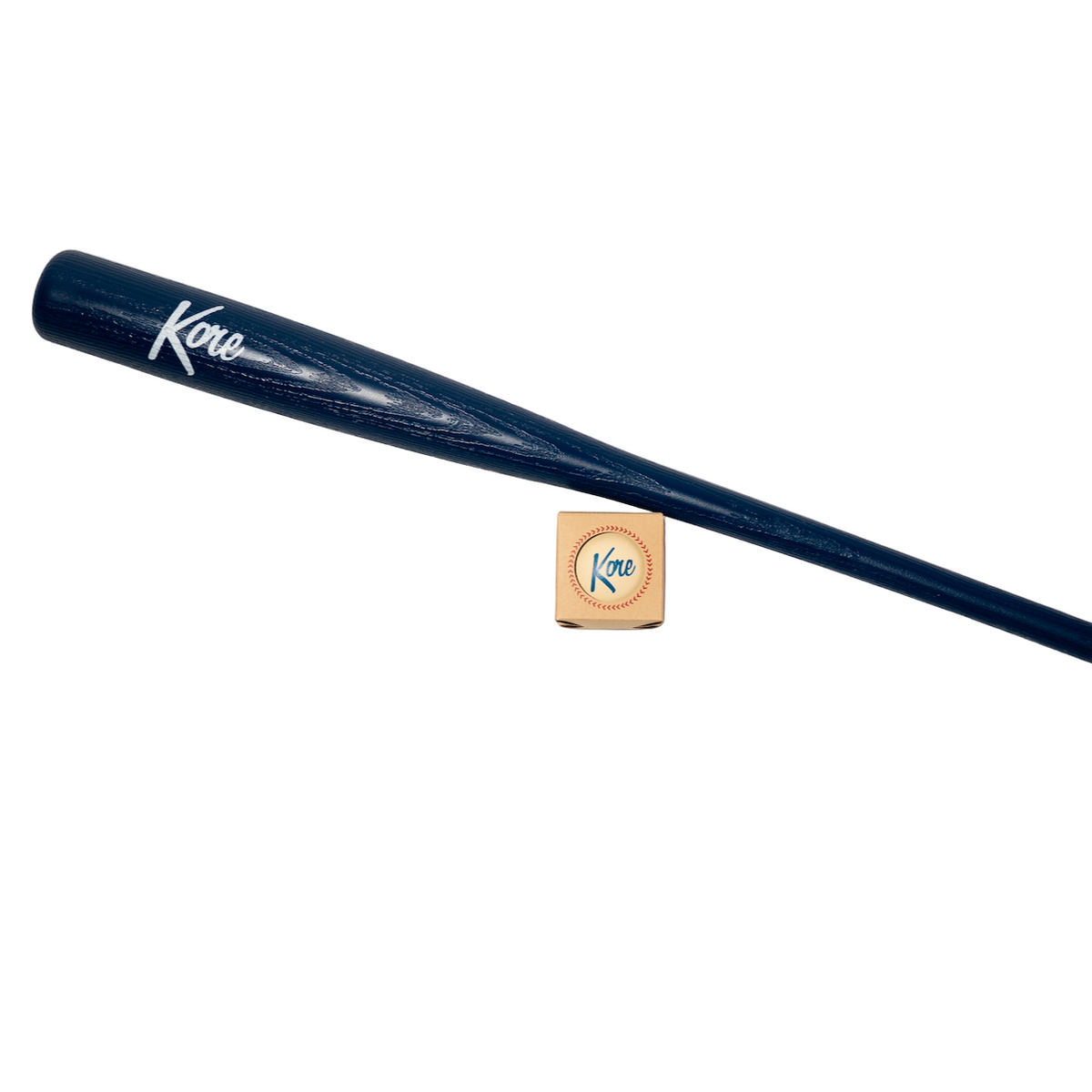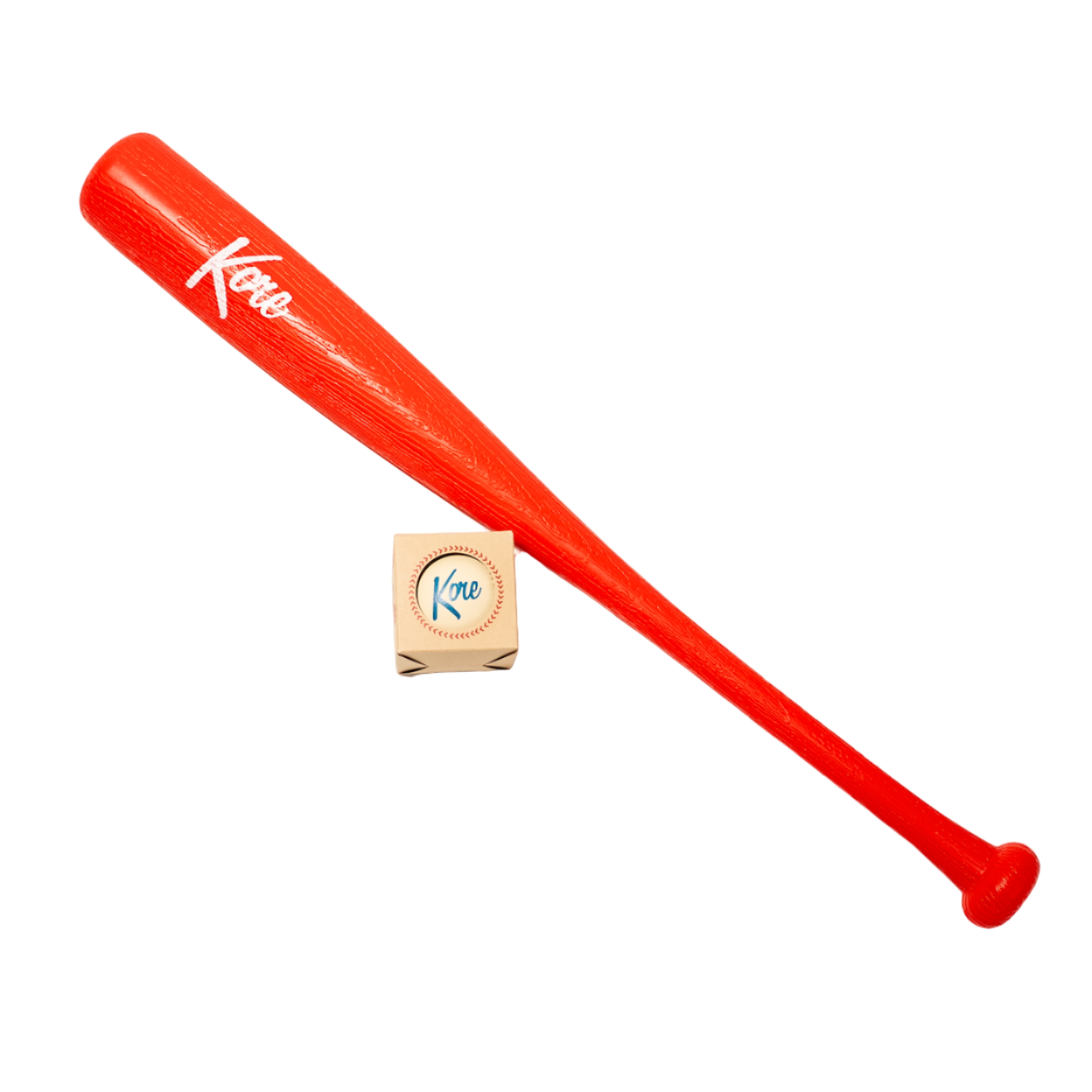Evolution of Utility Players
The concept of utility players in baseball has evolved significantly over the years. Originally, utility players were typically considered to be players who filled in for injured or resting regular starters. However, the role has expanded to encompass multi-positional versatility and a more integral part of a team's strategy.
Historically, utility players were often limited to filling in at one or two positions, primarily infield or outfield. As the game evolved, teams recognized the value of players who could play multiple positions at a high level. This versatility allows teams to adapt to ever-changing game situations, injuries, and to rest regular starters while maintaining defensive strength.
With the advent of advanced defensive metrics, teams have come to appreciate the impact of utility players on maintaining defensive flexibility. These players possess the ability to seamlessly transition between positions, ensuring a more robust defensive performance overall. The demand for utility players has grown considerably as teams recognize their strategic value, making them a crucial component of successful rosters.
Roles and Responsibilities of a Utility Player
A primary characteristic of a utility player is their ability to fill in at various positions based on team needs. This versatility extends beyond just playing different positions; it includes adapting to different defensive roles, such as playing the infield or outfield, or even switching between the two seamlessly.
Utility players provide teams with considerable flexibility on the field. They can step in at different positions without compromising the team's overall defense, helping maintain a high level of performance, especially during injuries or rest periods for regular starters. This adaptability is especially valuable in scenarios where in-game substitutions are required, offering managers the freedom to optimize their lineups based on matchups, pitcher handedness, or specific defensive needs.
Beyond their defensive contributions, utility players also play a vital role in providing rest to regular starters. Baseball is a physically demanding sport with a long season, and players need occasional breaks to prevent fatigue or injuries. Utility players fill this role by giving regular starters a breather while still maintaining a high level of performance. This helps teams maintain consistency throughout the season and ensures that players remain fresh for key moments.
Skills Required for Utility Players
To excel as utility players, individuals need to possess a diverse skill set that allows them to contribute in various roles. Solid defensive skills across different positions are a prerequisite for a successful utility player. They must be able to adapt quickly to different defensive responsibilities, from fielding ground balls at different infield positions to tracking fly balls in the outfield and making accurate throws from different angles.
Moreover, utility players need to showcase adaptability and quick learning abilities. They often encounter different game situations and positions, which require them to adjust their approach on the fly. Whether it's making positional adjustments, learning new defensive strategies, or adapting to changing game plans, utility players must possess the mental flexibility to handle these challenges effectively.
Offensively, utility players contribute to the team's success through their hitting, base running, and versatility in the lineup. They should have the ability to make solid contact with the baseball, contribute with timely hits, and provide effective base running skills. Additionally, their versatility in the lineup allows managers to strategically position them based on their strengths and the team's needs in a particular game situation.
Finally, mental preparation and mindset are crucial for utility players. Shifting between various positions and roles can present unique mental challenges, and players must be able to handle the pressures and expectations associated with those roles. The ability to focus, adapt, and perform consistently, regardless of the position played, is a hallmark of successful utility players.
Impact of Utility Players on Team Success
Utility players have a significant impact on team success in multiple ways. Firstly, their contribution to team chemistry and camaraderie cannot be overlooked. Their willingness to embrace different roles and support the team's objectives fosters a positive and inclusive team culture. This unity and cohesion translate to better on-field performance and a stronger overall team dynamic.
From a statistical perspective, teams with utility players often enjoy improved performance. Advanced metrics show that teams with strong utility players tend to have better defensive efficiency, as these players provide stability and flexibility across multiple positions. Additionally, utility players who contribute offensively by providing timely hits and smart base running can significantly impact a team's ability to score runs and win games.
Moreover, the value of utility players can be measured through advanced statistical analysis. Metrics such as Wins Above Replacement (WAR) and Defensive Runs Saved (DRS) allow teams to evaluate and quantify the impact of utility players' contributions. These metrics help teams identify the true value of their utility players and make informed decisions about roster construction and team strategy.
Real-life examples of successful utility players and their impact on winning teams are abundant. Throughout baseball history, utility players like Ben Zobrist, Tony Phillips, and Marwin Gonzalez, to name a few, have played pivotal roles in championship-winning teams. Their versatility, reliability, and ability to perform when called upon have made them valuable assets that contribute to team success.
Strategies for Developing Utility Players
Developing utility players requires a systematic approach from both players and teams. Organizations understand that players with the ability to play multiple positions add tremendous value to their rosters. Aspiring utility players can hone their skills and increase their chances of becoming valuable assets by focusing on specific development strategies.
Within the minor league systems, teams can give promising young players opportunities to gain experience and proficiency in multiple positions. Often, players with the potential to become utility players are given the chance to play a variety of positions throughout their minor league careers. This exposure and experience allow them to develop the necessary skills, refine their versatility, and become comfortable switching between different roles.
Challenges exist in transitioning from specialist roles to utility positions. Players need to embrace the mindset of being flexible and adaptable, understanding that their value lies in their ability to contribute wherever the team requires. Mental preparation becomes vital, as players must be ready to switch positions at a moment's notice, adjust to different roles, and perform consistently.
Teams can also provide mentorship and guidance to players in developing the required versatility. Coaches and instructors can work closely with players, refining their defensive skills across multiple positions and helping them understand the nuances and responsibilities associated with each role. Additionally, exposing players to diverse game situations, such as simulated game scenarios or specific position-related drills, can help them develop the instincts and decision-making skills necessary to excel as utility players.
Ultimately, the development of utility players involves a combination of physical skills, mental preparation, and experience. By focusing on versatility, adaptability, and a willingness to embrace different roles, players can position themselves for success as utility players and increase their value to teams.
The Future of Utility Players
The role of utility players in baseball is expected to continue evolving along with the changing dynamics of the game. As teams increasingly prioritize defensive flexibility, the demand for utility players will likely remain high. However, the future may see utility players being utilized even more strategically and playing an even larger role in team success.
Emerging trends and innovations in baseball, such as the rise of analytics and the emphasis on defensive shifts, are likely to impact the utility player's role. Teams may seek to maximize defensive efficiency and positional advantages by employing utility players who excel in specific situations or against certain types of pitchers. This specialized usage of utility players could become more prevalent and revolutionize the role further.
Aspiring utility players of the future might face unique challenges. With the increasing specialization in baseball, players may need to develop intricate skills to stand out among their peers. This could include honing specific defensive techniques, gaining a deep understanding of defensive analytics, or becoming experts in certain offensive strategies.
Regardless of how the game evolves, utility players will remain a valuable asset to teams. Their ability to provide versatility, consistency, and support to a team's overall objectives solidifies their place as essential contributors to team success in the ever-evolving landscape of baseball.
Conclusion
In conclusion, utility players play a crucial role in the world of baseball. From their evolution over time to their impact on team success, these versatile athletes possess a unique set of skills and qualities that contribute to their teams' performance. Their ability to adapt to different positions, provide rest for regular starters, and positively impact team chemistry cannot be understated.
As the future unfolds, the utility player's role is expected to continue evolving in tandem with the changing landscape of the game. Strategies for developing utility players will be key to maximize their potential, and their impact on team success will become even more crucial as teams look for every advantage possible.
By understanding the value and embracing the concept of utility players, both teams and players can position themselves for success in the exciting and dynamic world of baseball.






